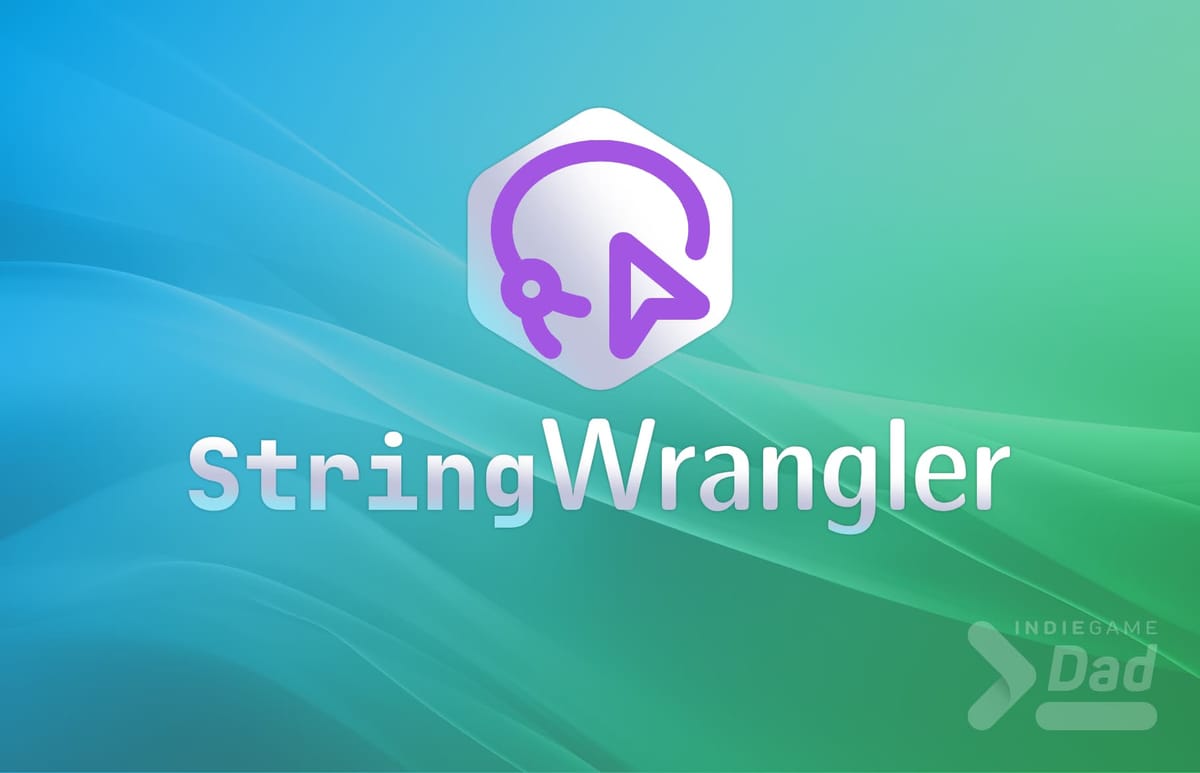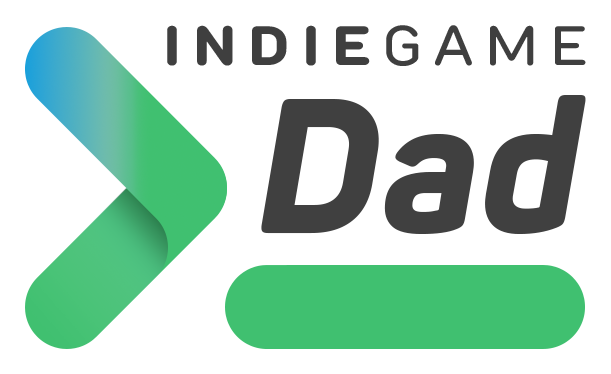First Godot Plugin now live on the Store Beta!

While working on Mana, I was developing an internal tool to manage string references, this way users can easily expand and build their own tools/systems eg: Talent Trees, Player Classes with Skill lists etc. all with exported dropdowns rather than having to rely on direct string referencing.
I decided to then take this internal tool and extract it out as a standalone light-weight plugin that hopefully people can find use for in other projects outside of Mana as well!
If you like the work I do, and want to support it, please feel free to subscribe to my newsletter to stay up to date on development progress or support me by ☕ buying me a coffee!
You can find the Plugin Asset Link here:
https://store-beta.godotengine.org/asset/indiegamedad/string-wrangler/
Or directly follow on Github:
https://github.com/yulrun/stringwrangler-plugin
That's all for today, thanks for stopping by!
